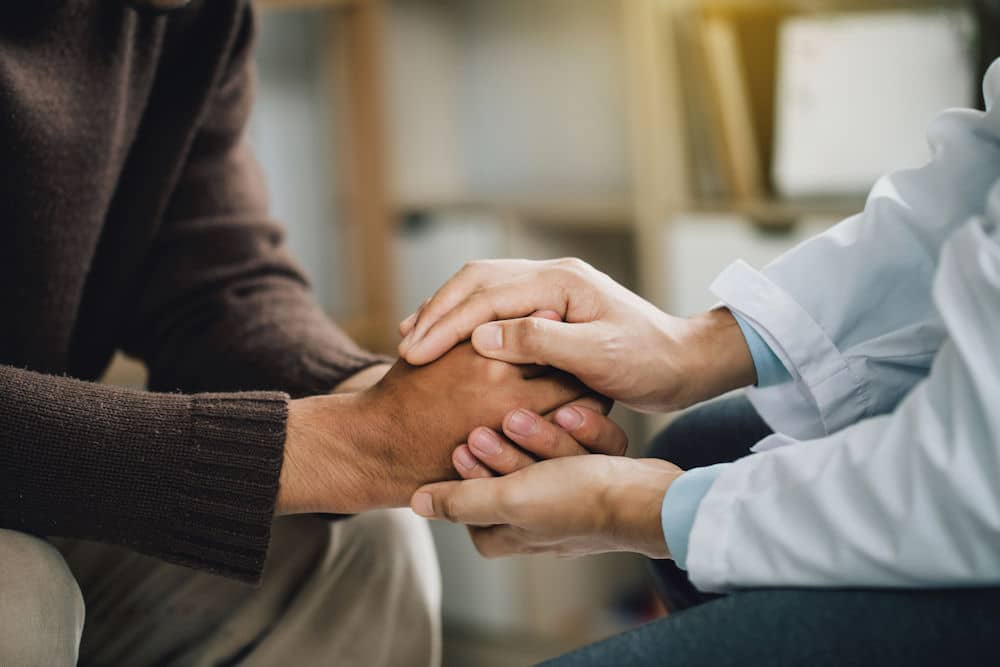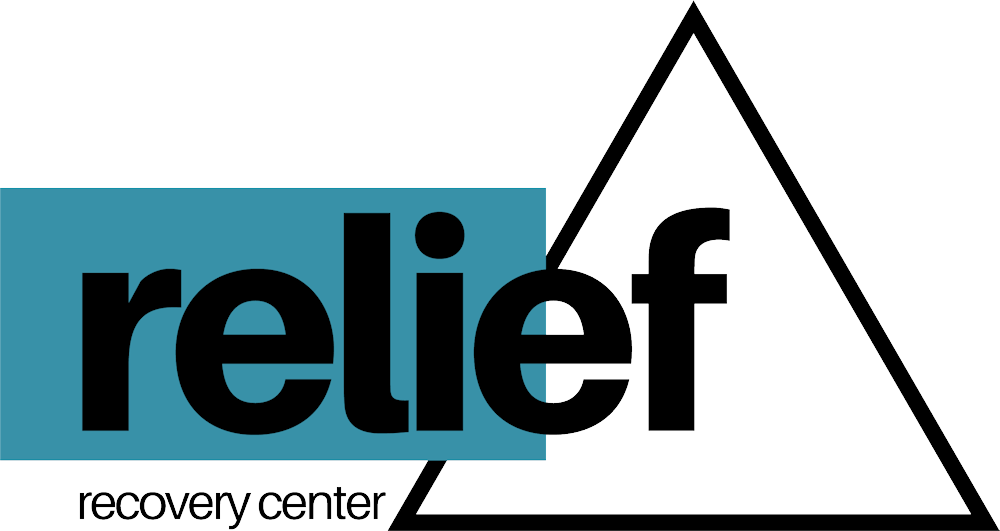Let us help guide you towards a brighter future, free from addiction
Rediscover Your Life: Treatment for Those Struggling with Addiction
» Who We Treat »
If you’re researching addiction and recovery, it’s a positive first step towards taking control of your life. It’s not uncommon to feel like you don’t need help, but addiction can be challenging to overcome alone.
Whether you’re feeling unsure about seeking professional help, struggling with the impact of addiction on your relationships and daily life, or feeling ashamed and guilty about your addiction, we’re here to support you every step of the way.
This page is designed to provide an overview of the specific challenges you may be facing in recovery and offer strategies for overcoming them. Remember, addiction recovery is possible, and with the right resources and support, you can work towards a healthier and happier future.
We are just phone call away! Contact Relief Recovery Center for a consultation and begin your journey to recovery today!
Challenges You May Be Facing
Increased Responsibilities
Try the following tactics to help you stay on track:
- Prioritize self-care and set realistic goals: It’s essential to make self-care a priority, even with increased responsibilities. This can include things like exercise, healthy eating, and getting enough sleep. Setting realistic goals can also help to manage stress and avoid burnout.
- Seek support from friends, family, or a therapist: It’s crucial to have a support system in place when managing addiction and increased responsibilities. Seeking support from friends, family, or a therapist can provide a listening ear and practical assistance when needed.
- Delegate tasks and responsibilities when possible: Delegating tasks and responsibilities to others can help to ease the burden of increased responsibilities. This can include things like asking a co-worker to assist with a project or hiring a babysitter to help with childcare.
Co-Occurring Medical Conditions
- Seek medical treatment for all conditions: It’s essential to seek medical treatment for any co-occurring medical conditions. Treating both addiction and medical conditions simultaneously can improve overall health and reduce the risk of relapse.
- Work with healthcare providers to create a comprehensive treatment plan: Working with healthcare providers can help to create a comprehensive treatment plan that addresses all co-occurring conditions. This can include medication, therapy, and other forms of treatment.
- Join support groups for individuals with similar conditions: Joining a support group for individuals with similar conditions can provide a sense of community and understanding. It can also provide an opportunity to learn coping strategies from others in similar situations.
Stigma and Shame
This can make it difficult to seek help or engage in recovery activities.
- Educate yourself and others about addiction as a disease, not a personal failing: Education is key to understanding addiction as a disease rather than a personal failing. It’s important to learn about the causes of addiction, how it impacts the brain, and effective treatment options. Educating others can also help reduce stigma and shame.
- Join a support group to connect with others who have similar experiences: Joining a support group can provide a safe space to connect with others who have similar experiences. It can also help to reduce feelings of isolation and shame.
- Practice self-compassion and forgive yourself for past mistakes: Practicing self-compassion and forgiveness can be challenging but essential when managing addiction. It’s important to recognize that addiction is a disease, and relapse can be a part of the recovery process. Forgiving oneself for past mistakes can help to build self-esteem and improve overall mental health.
Lack of Social Support
- Join a support group for adults in recovery to meet new people who understand what you’re going through.
- Consider volunteering for a cause you’re passionate about to meet like-minded individuals.
- Take up a new hobby or join a club that interests you to expand your social circle.
- Attend events or activities at a local community center or senior center to meet people in your area.
- Stay in touch with old friends and family members who support your recovery and can offer emotional support.
Common Substance Use Disorders
If you are struggling with substance use disorder, know that you are not alone.
With over 20 million Americans diagnosed with an substance use disorder, but only around 1 million receiving treatment, there is a significant gap that needs to be addressed. Our goal is to help reduce this gap, one person, one family, and one community at a time.
At our center, we provide personalized treatment plans for individuals battling addiction to alcohol, opioids, and illicit drugs.
Our team is committed to helping you overcome your addiction and achieve lasting recovery through evidence-based treatment approaches and compassionate care.
You are not alone in this battle
- 21.2 million Americans aged 12 or older needed substance use treatment.
- Addiction treatment reduces drug use by 40% to 60%, significantly decreases criminal activity, and improves social and occupational functioning.
Discover the Benefits of Living Addiction-Free
Improved Physical Health
Better Relationships
Enhanced Career Opportunities
Increased Emotional Stability
Personal Growth
Treatment Options
We know that asking for help can be difficult, especially if you feel like you’re the only one struggling. But the truth is, there are many others just like you who are going through the same thing. The good news is that recovery is possible, and there are resources available to help you on your journey. By seeking treatment, you can take control of your life and start working towards a healthier, happier future.

Detox

Day Treatment Program

Intensive Outpatient Program (IOP)

Outpatient Program (OP)

